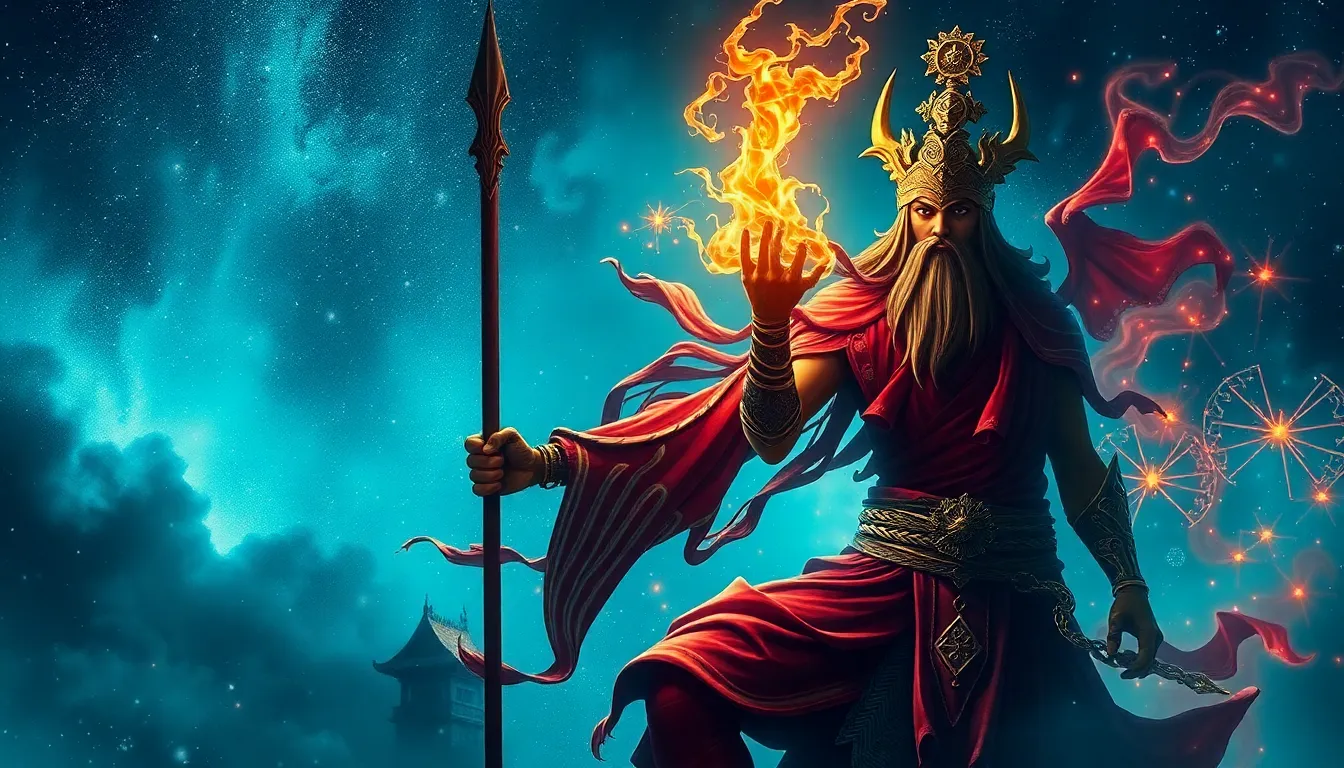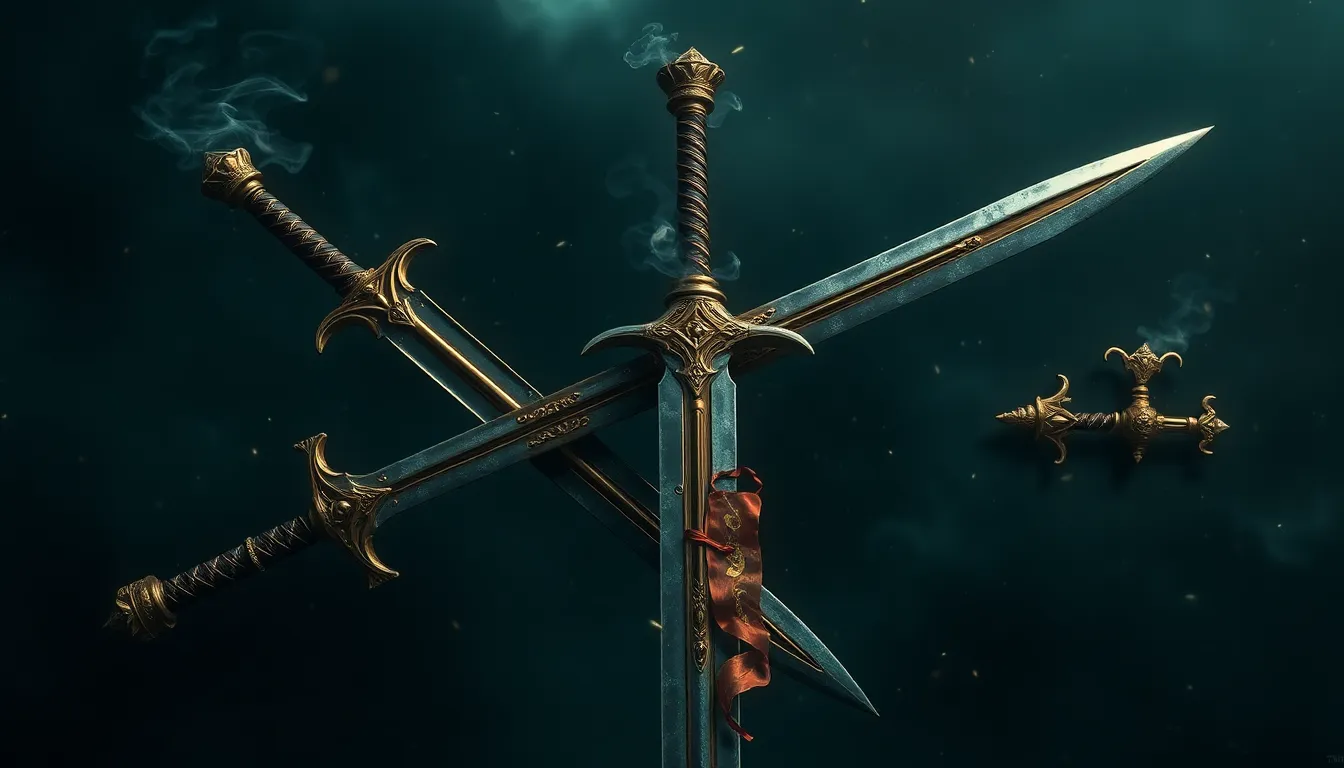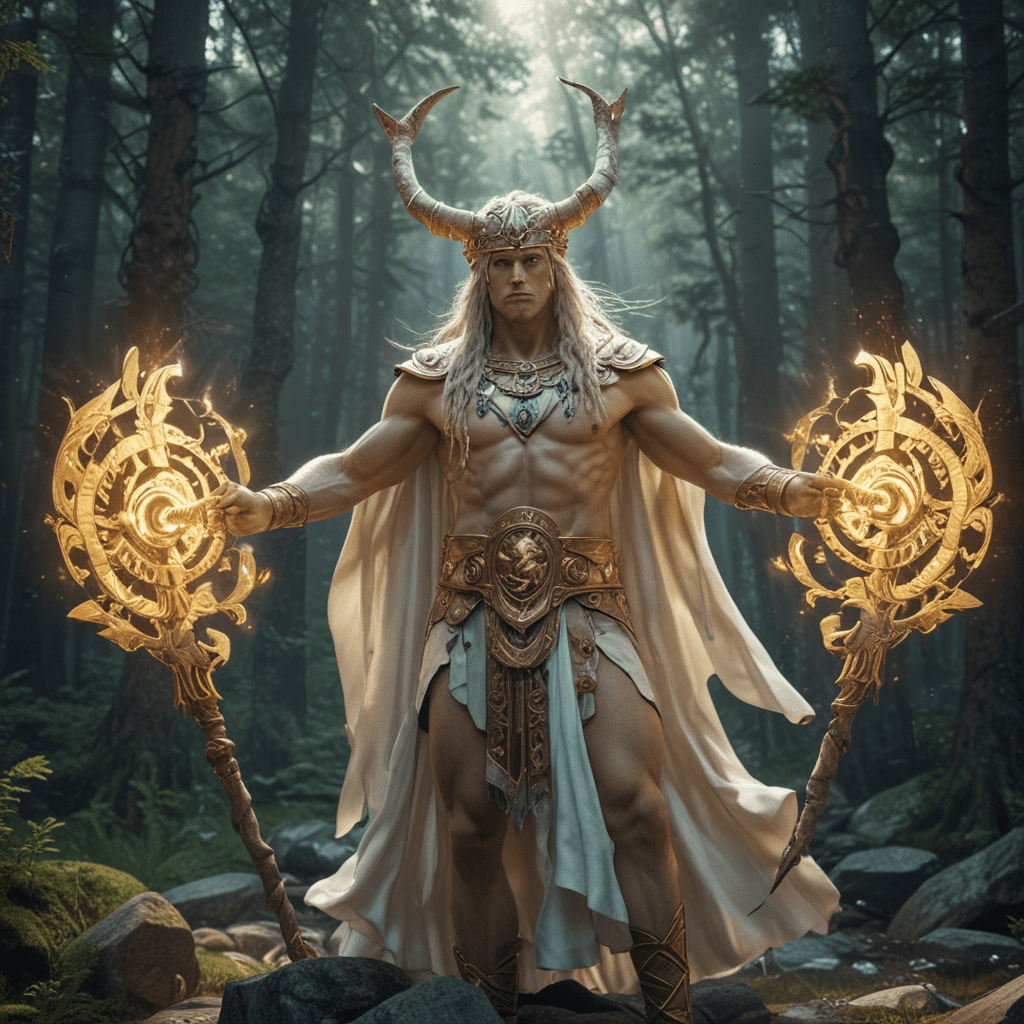The Fascinating World of Cultural Hero Myths and Their Impact
1. Introduction to Cultural Hero Myths
Cultural hero myths are stories and narratives that celebrate individuals who embody the ideals, values, and aspirations of a culture. These heroes often undertake extraordinary journeys, facing significant challenges, and achieving greatness, which serves as inspiration for others. Throughout human history, hero myths have played a crucial role in shaping societies, providing frameworks for understanding human behavior, morality, and social norms.
This article will explore the historical origins, characteristics, psychological significance, and contemporary relevance of cultural hero myths, as well as their impact on social cohesion and education in the modern world.
2. Historical Origins of Hero Myths
Hero myths can be traced back to ancient civilizations, where they served to explain natural phenomena, establish moral codes, and inspire individuals. Some notable examples include:
- Greek Heroes: Figures like Hercules and Achilles, who exemplified strength, bravery, and heroism.
- Roman Myths: Heroes such as Aeneas, who represented duty and sacrifice.
- Indian Epics: Characters like Rama and Krishna, who embody dharma (duty) and righteousness.
Oral traditions were crucial in the dissemination and preservation of these myths, allowing them to evolve over time as they were retold across generations. As societies transformed, so did their hero narratives, adapting to reflect contemporary values and challenges.
3. Characteristics of Cultural Heroes
Cultural heroes often share common traits and archetypes that define their journeys:
- Call to Adventure: The hero receives a challenge or quest that sets them on their path.
- Trials and Challenges: The hero faces obstacles that test their strength, resolve, and character.
- Transformation: Through their journey, heroes often undergo significant personal growth.
Across cultures, we see similarities in hero narratives. For instance:
- Beowulf: A warrior who battles monstrous foes to protect his people.
- Odysseus: A cunning hero whose journey home is fraught with trials.
- Gilgamesh: A king who seeks immortality but learns valuable lessons about life and friendship.
4. The Psychological Significance of Hero Myths
Carl Jung’s theories of archetypes and the collective unconscious highlight the psychological significance of hero myths. These stories resonate deeply because they reflect universal human experiences and challenges. Hero myths help individuals navigate their identities and aspirations, often embodying the values that a society holds dear.
Moreover, heroes serve as role models, showcasing virtues such as courage, perseverance, and self-sacrifice. They provide a lens through which individuals can explore their own potential and the societal values they wish to embody.
5. Cultural Heroes in Modern Society
In contemporary culture, hero myths have transformed significantly. Modern storytelling has adapted these narratives to resonate with today’s audiences:
- Literature: Characters like Katniss Everdeen from “The Hunger Games” represent resilience and rebellion.
- Film: Superheroes such as Spider-Man and Wonder Woman illustrate the struggle between good and evil.
- Media: Figures like Malala Yousafzai embody the fight for education and equality.
The rise of technology has also impacted the dissemination of hero myths, allowing stories to spread rapidly across the globe through social media, films, and online platforms.
6. The Role of Hero Myths in Social Cohesion
Hero myths play a vital role in fostering community identity and belonging. They create shared narratives that unite individuals within a culture:
- Nation-Building: Leaders often invoke hero myths to inspire patriotism and national unity.
- Political Discourse: Politicians may align themselves with cultural heroes to appeal to the public’s values and aspirations.
Case studies, such as the American myth of George Washington or the Indian myth of Mahatma Gandhi, illustrate how these figures become symbols of national identity and moral integrity.
7. Critiques and Reinterpretations of Hero Myths
While hero myths have traditionally celebrated certain narratives, critiques have emerged that challenge their foundations:
- Feminist Perspectives: Many traditional hero narratives have been critiqued for their male-centric focus, leading to calls for more inclusive representations.
- Post-Colonial Critiques: Critics argue that many hero myths promote colonial narratives and overlook the voices of marginalized cultures.
- Rise of Anti-Heroes: Modern storytelling often embraces complex characters who embody moral ambiguity, reflecting the nuanced nature of contemporary society.
8. The Educational Value of Hero Myths
Hero myths hold significant educational value, providing lessons on ethics, morality, and human behavior. They can be utilized in educational settings to:
- Teach Values: Hero stories can illustrate virtues such as bravery, empathy, and perseverance.
- Encourage Critical Thinking: Analyzing hero narratives encourages students to consider different perspectives and moral dilemmas.
- Inspire Future Generations: Heroes serve as role models, inspiring young people to pursue their dreams and overcome obstacles.
9. The Globalization of Hero Myths
Globalization has facilitated the exchange of hero narratives across cultures. This has led to:
- Cross-Cultural Adaptations: Traditional heroes are often reinterpreted in different cultural contexts, as seen in various adaptations of the “Superman” myth.
- Internet Influence: Online platforms allow for the rapid sharing and remixing of hero stories, creating a global hero culture.
This globalization of hero myths enriches narratives, allowing for diverse interpretations and a broader understanding of what heroism means across different cultures.
10. Conclusion: The Enduring Influence of Cultural Hero Myths
Throughout this exploration, we have seen the profound impact that cultural hero myths have on societies. From their historical origins to their modern reinterpretations, these narratives continue to shape individual identities, foster social cohesion, and inspire future generations. As we navigate an increasingly complex world, the lessons and values encapsulated within hero myths remain relevant and essential, reminding us of the power of storytelling in the human experience.



